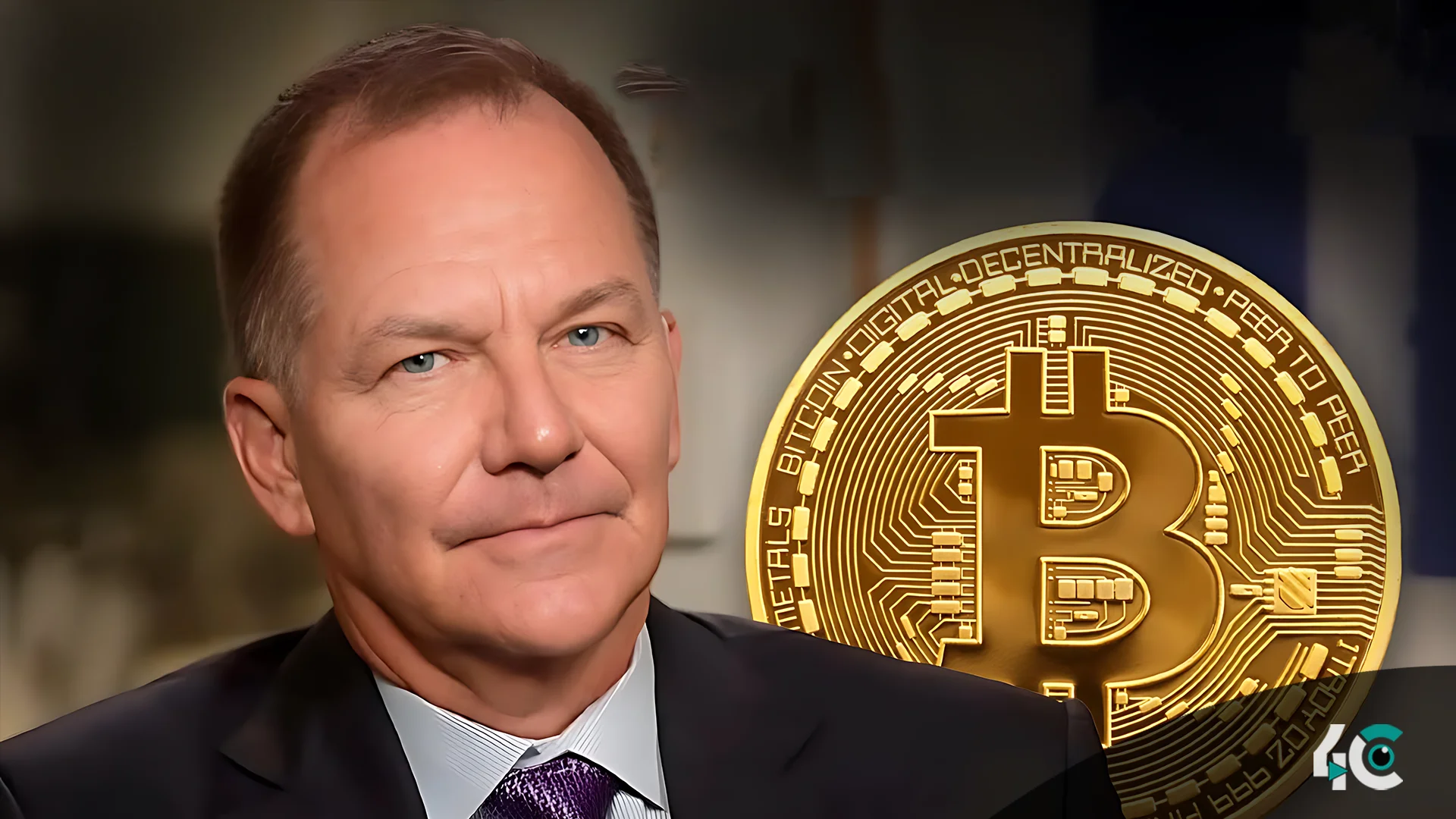Billionaire hedge fund manager Paul Tudor Jones said in a recent interview that he thinks the U.S. economy would inevitably see inflation. Speaking on October 22, he expressed his belief that inflation is inevitable, particularly given the upcoming presidential contest in November. CNBC
Jones emphasizes the underrepresentation of Bitcoin, gold, and other commodities in most investment portfolios. He said, “I most likely have a mix of gold, Bitcoin, commodities, and NASDAQ stocks; I avoid fixed-income investments.”
Jones underlined that reaching the Federal Reserve’s long-term aim of 2% inflation seemed increasingly challenging given the median inflation forecast among American consumers hanging above 3%. He cited growing government expenditure and expected tax cuts as elements likely to keep the United States from meeting these goals without significant legislative reform.
Jones also cautioned that if present trends continue, the Congressional Budget Office projects the federal deficit may exceed $1.9 trillion in the 2024 fiscal year, maybe rising to $2.8 trillion by 2034. Citing Japan as an example of a nation now using this approach, he contended that the answer was in boosting the economy to control the growing debt.
Investors, who are going to gold and Bitcoin as they get ready for possible economic upheaval among growing geopolitical tensions, are starting to embrace the so-called “debasement trade.” Jones said that the revived interest in Bitcoin exchange-traded funds clearly shows a similar pattern, implying that individual investors are progressively seeing these assets as safe havens.
Analysts are aiming for targets close to Bitcoin’s previous all-time high of $73,679, which is currently trading over $67,000 and has gained over 50% this year. Jones underlined the need to tackle the country’s debt-to-GDP problems, which right now stand at over 120%. She underlined that the U.S. runs great danger of suffering major economic consequences without a proactive attitude toward expenditure.
Jones advocates for investing in assets that can withstand inflation, a stance that contrasts with the International Monetary Fund’s recent statement that the fight against inflation has been largely successful.
































